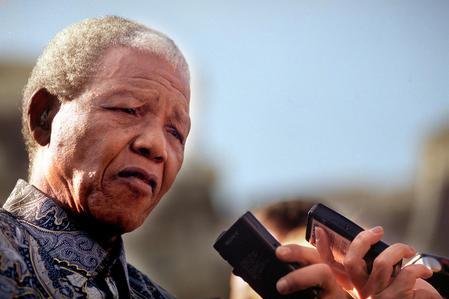Witkoff hails ‘progress’ in peace negotiations with Russia, Ukraine
Feb. 18 (UPI) — U.S. Special Envoy Steve Witkoff early Wednesday reported “meaningful progress” in tri-lateral U.S.-Russian-Ukraine talks in Switzerland on ending the war.
Crediting U.S. President Donald Trump‘s “success in bringing both sides of this war together” to enable the progress to be made in the U.S.-moderated talks in Geneva, Witkoff provided no details of what had been achieved.
“Both parties agreed to update their respective leaders and continue working towards a deal,” he wrote X.
The accounts of Russia and Ukraine of Tuesday’s talks, which lasted six hours, were less positive with Russia’s state-run TASS news agency reporting they were “very tense” while Ukrainian President Volodymyr Zelensky said they were “difficult” and accused Moscow of playing for time.
“Yesterday’s meetings were indeed difficult, and we can state that Russia is trying to drag out the negotiations, which could already have moved to the final stage. We are grateful to the American side for their attention to detail and patience in talks with the current Russian representatives,” said Zelensky in a post on X.
A source in the Russian delegation told TASS that all sides had, however, agreed to continue the talks on Wednesday.
The negotiations are being held against the backdrop of the fourth anniversary of Russia’s full-scale invasion of Ukraine on Feb. 24, with no sign of any let up in hostilities.
At least two people were killed and 25 injured in strikes across five eastern, southern and central Ukrainian provinces overnight after Russian forces launched 126 drones and one ballistic missile, according to a Ukrainian Air Force update on social media.
Russia’s Defense Ministry said one person was injured in the city of Cheboksary, 440 miles east of Moscow, after Ukraine launched a large-scale airborne assault into Russian territory overnight using attack drones. The defense ministry said air defenses downed 43 of the drones.
Two previous rounds of talks, in Abu Dhabi in January and earlier this month, were unable to gain traction in overcoming the main stumbling blocks of Russia’s demand that Ukraine cede territory and Ukraine’s insistence on cast-iron Western security guarantees.
The negotiations are based on a heavily revised version of a 28-point plan, first drawn up by Witkoff’s team and Russian officials in November, under which Ukraine would give up Luhansk and Donetsk, including areas its forces still control, in exchange for security guarantees.
Kyiv has ruled out giving up territory it still occupies but the Americans are pushing a compromise solution that would see those areas become a demilitarized “special economic” buffer zone.
However, the security guarantees remain the potentially most intractable issue with Moscow adamant they cannot involve Western boots on the ground — something Ukraine believes must be permissable for any guarantee to be credible.


